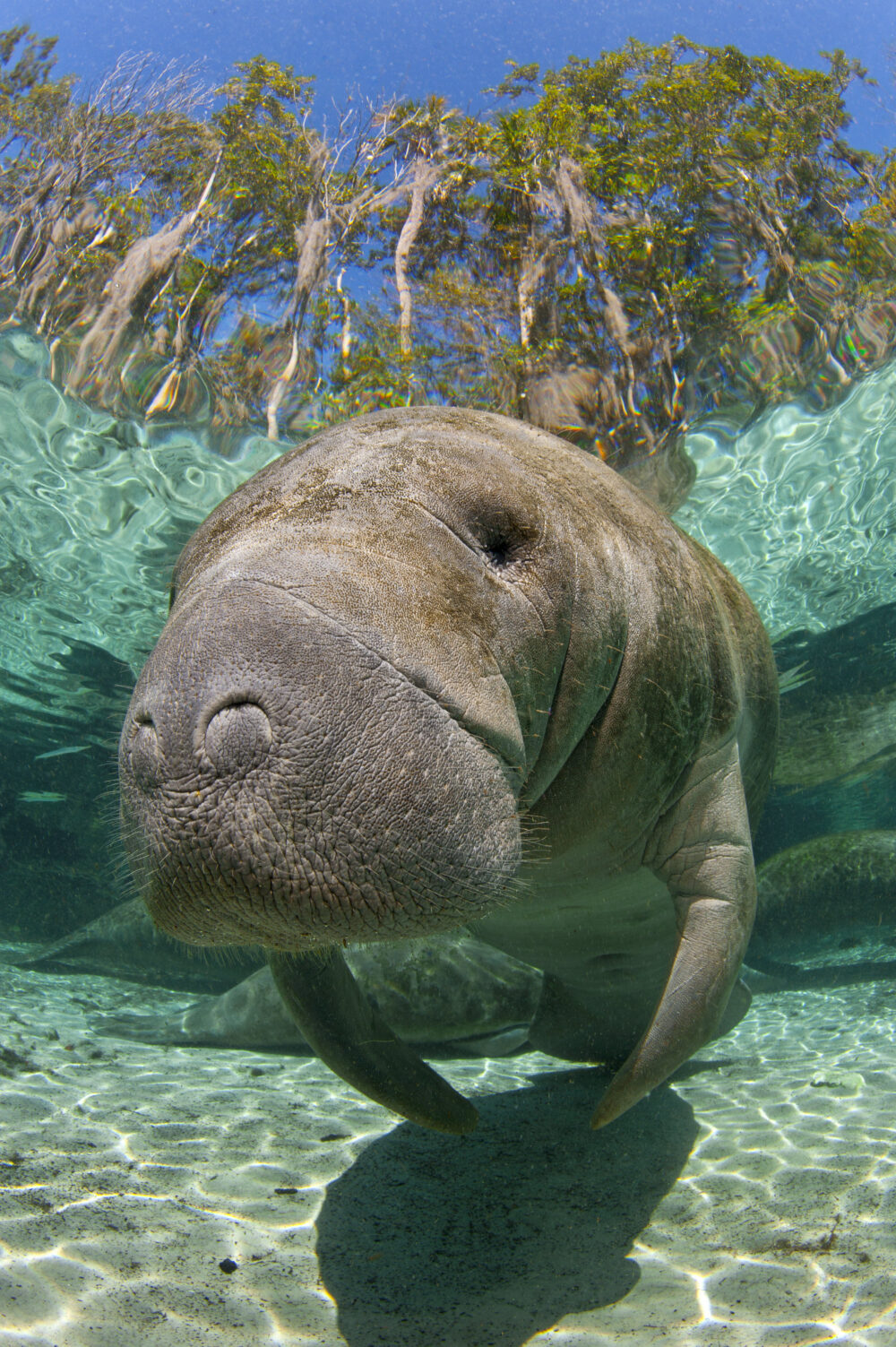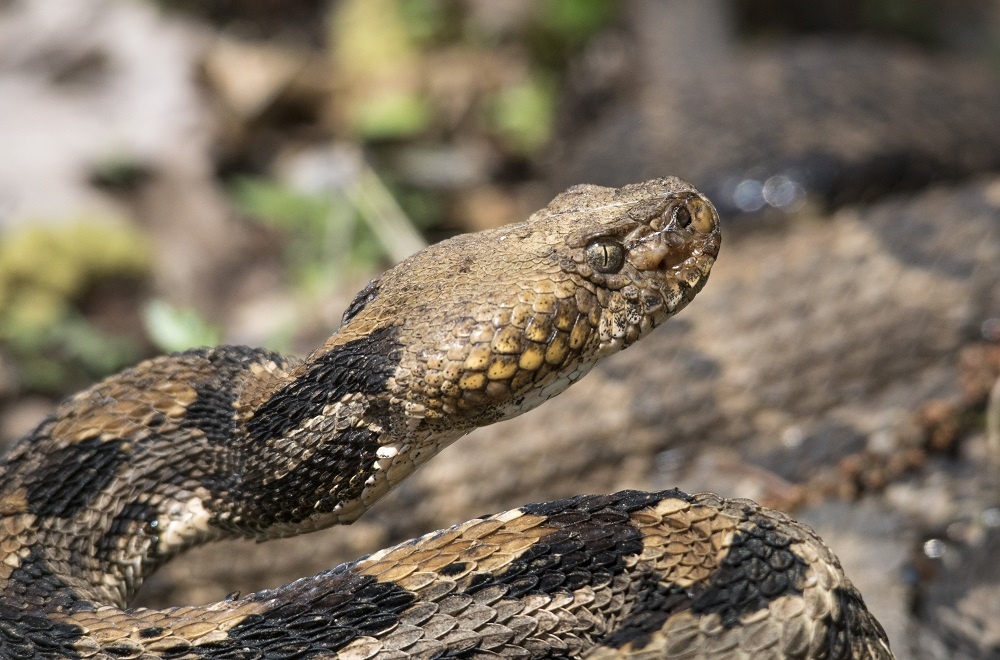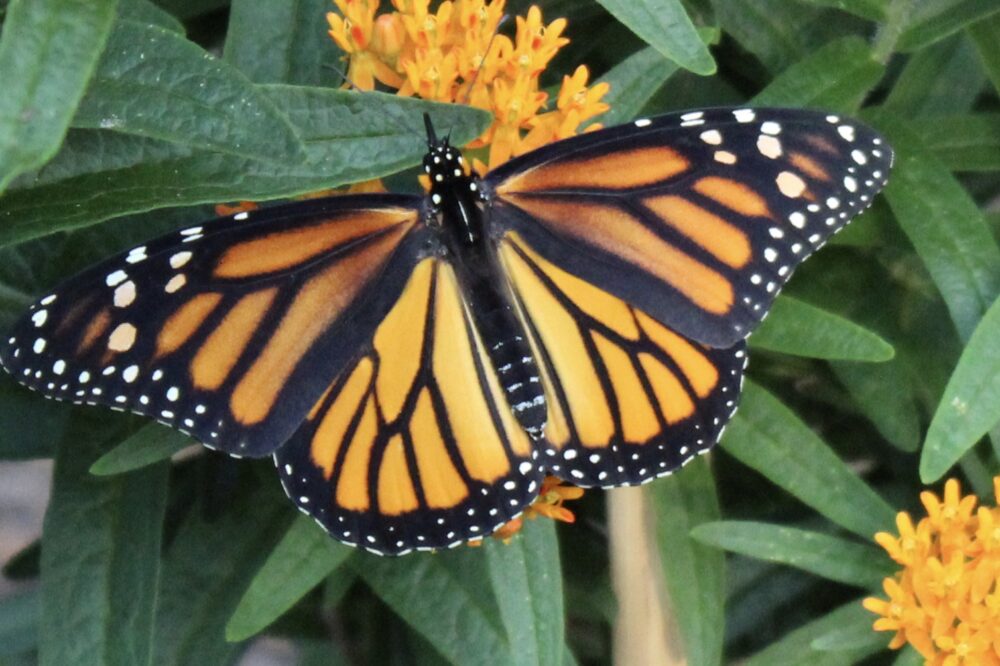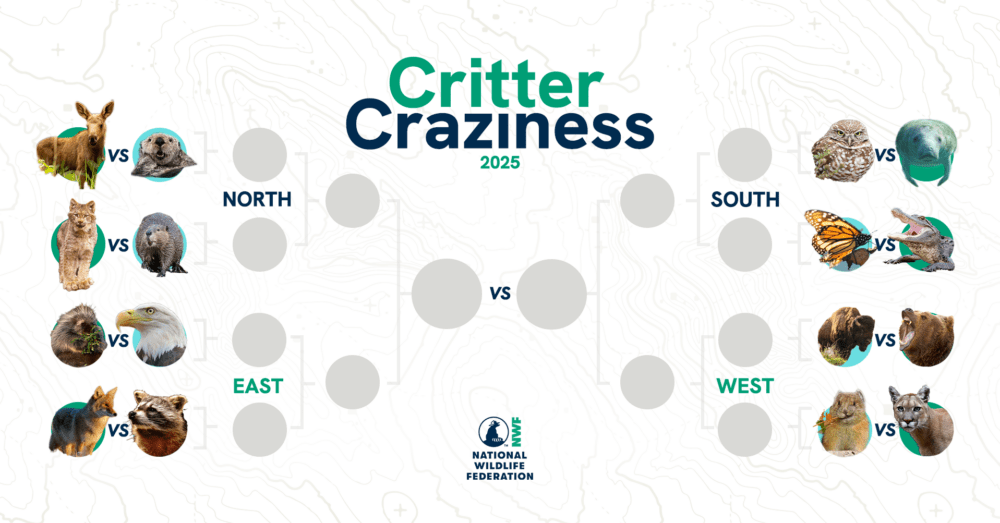We have much more to do and your continued support is needed now more than ever.
On 24th Anniversary of Exxon Valdez Oil Spill, Arctic Wildlife Still at Risk
Twenty-four years ago the Exxon Valdez oil tanker ran aground in Alaska, spilling tens of millions of gallons of crude oil into the spectacular Prince William Sound. In the following days, weeks, months and years, it became clear that the spill was one of the worst environmental disasters of all time. Not just for the devastation it caused for the sensitive habitat for sea otters, seals, and seabirds, but because the United States did not heed the wake-up call we received: we are still pursuing dirty fossil-fuel extraction in the most sensitive places, at a high price for our climate, our health, and our air, water and wildlife. Prime examples include the Deepwater Horizon BP oil spill disaster in the Gulf of Mexico, as well as proposals to move dirty tar sands fuel through the Keystone XL pipeline and drilling by Shell Oil in the Arctic Ocean.
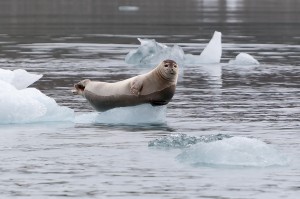
Interior Secretary Ken Salazar acknowledged that “Shell screwed up” and announced they would not be allowed back into the Arctic without major changes. It was the right call, because a major oil spill in the Arctic ocean poses unacceptable risks to fragile Arctic marine ecosystems and the coastline, and would harm people who live in the Arctic and depend on the ocean for subsistence. Any major spill would also occur hundreds of miles from the nearest Coast Guard station, and recovery would be hampered by the constant threat of sea ice, low temperatures, high winds, fog and long stretches of darkness. There is simply no proven technology to clean up a spill in Arctic conditions.
America’s Arctic Ocean is home to many of our nation’s most beloved wildlife species: polar bears, walrus, ice seals, beluga whales and more. While Shell will not be drilling in America’s Arctic in 2013, the Arctic Ocean could still be at risk next year when we are remembering the 25th anniversary of Exxon Valdez.
It’s up to the American people to let President Obama know that drilling in America’s Arctic Ocean is risky and dangerous. Call President Obama at 202-456-1414, or
tweet the White House (@whitehouse) and tell the President to say no to drilling in the Arctic Ocean. Here is an example:
Polar bears love their Arctic home– @whitehouse #SaveTheArctic and say no to risky and dangerous drilling
— Bentley Johnson (@bentleymjohnson) March 26, 2013
Retweet to help save Arctic wildlife from drilling and tell @whitehouse to #SaveTheArctic!
To learn more about National Wildlife Federation’s work to protect the Arctic and Arctic wildlife, visit www.nwf.org/Arctic.















